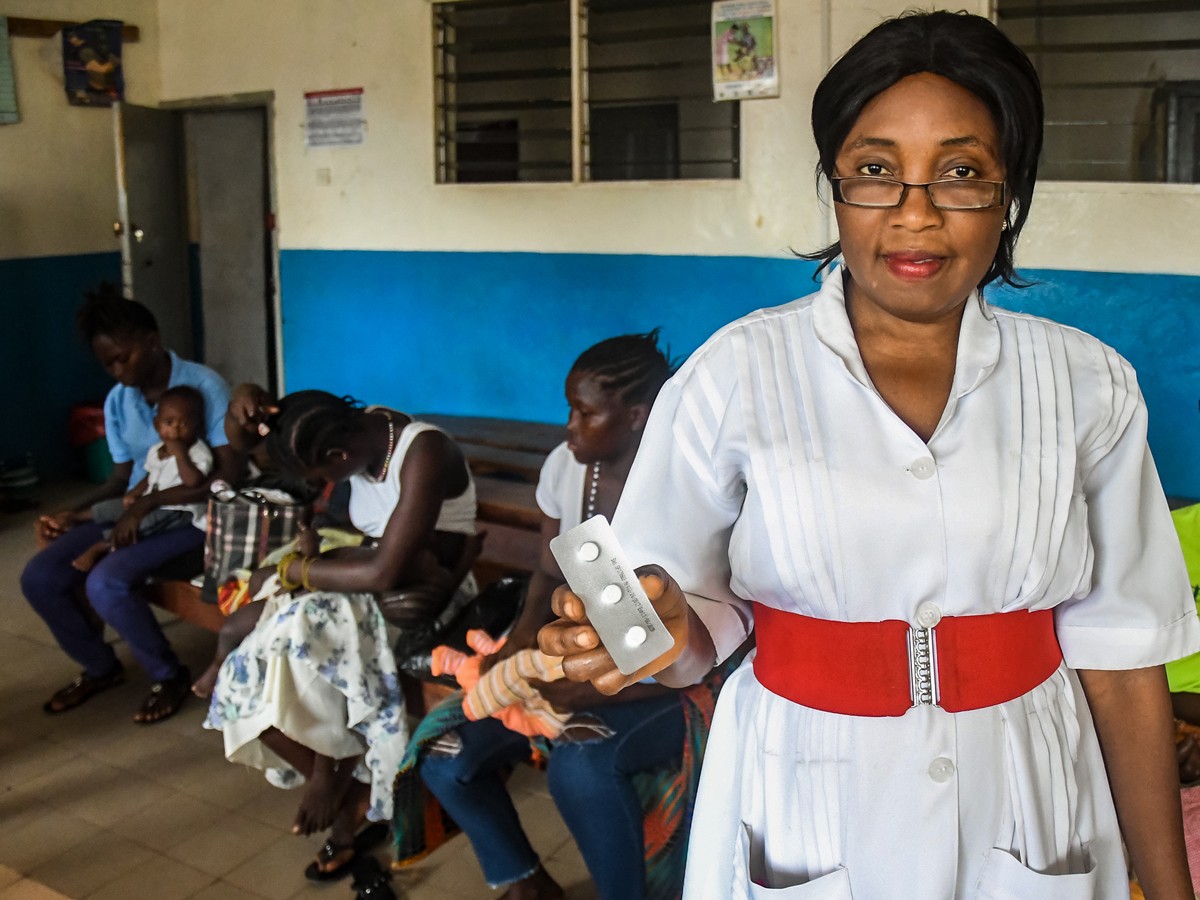ICAP at Columbia University has made malaria a priority in its global health mission. Today, on World Malaria Day, we report on two of our most effective malaria projects—in Sierra Leone and Ethiopia, two countries where the malaria burden is among the highest in the world—and we celebrate the public health champions who work tirelessly to protect the citizens of these countries against this deadly disease.
In West Africa, ICAP’s amazing teams have helped Sierra Leone become the first country in the world to roll out a landmark protocol that protects vulnerable infants from the ravages of the disease.
In East Africa, ICAP has partnered with the Federal Ministry of Health in Ethiopia for more than a decade to strengthen health centers’ ability to detect, diagnose, and treat malaria.
Read more about ICAP’s work to end malaria:
- New Pediatric Malaria Prevention Initiative in Sierra Leone Shows Promise
- ICAP and Partners Celebrate Nine Years of Lifesaving Progress Against Malaria in Ethiopia
- ICAP at Columbia University Expands its Support for Ethiopia’s Ongoing Malaria Control Efforts (includes video from press conference with Rep. Adriano Espaillat)
- ICAP Grand Rounds Webinar: Malaria Control: Where Are We? (Presented by S. Patrick Kachur, MD, MPH, Professor of Population and Family Health, Mailman School of Public Health)
|
Your donation to support ICAP’s work will strengthen health systems and equip health workers to face today’s challenges and envision a healthier tomorrow.
A global health leader since 2003, ICAP was founded at Columbia University with one overarching goal: to improve the health of families and communities. Together with its partners—ministries of health, large multilaterals, health care providers, and patients—ICAP strives for a world where health is available to all. To date, ICAP has addressed major public health challenges and the needs of local health systems through 6,000 sites across more than 30 countries. For more information about ICAP, visit: icap.columbia.edu
Photo caption: a nurse at an ICAP-supported clinic in Sierra Leone holds up Fansidar (sulfadoxine-pyrimethamine), the drug that is used for IPTi.








